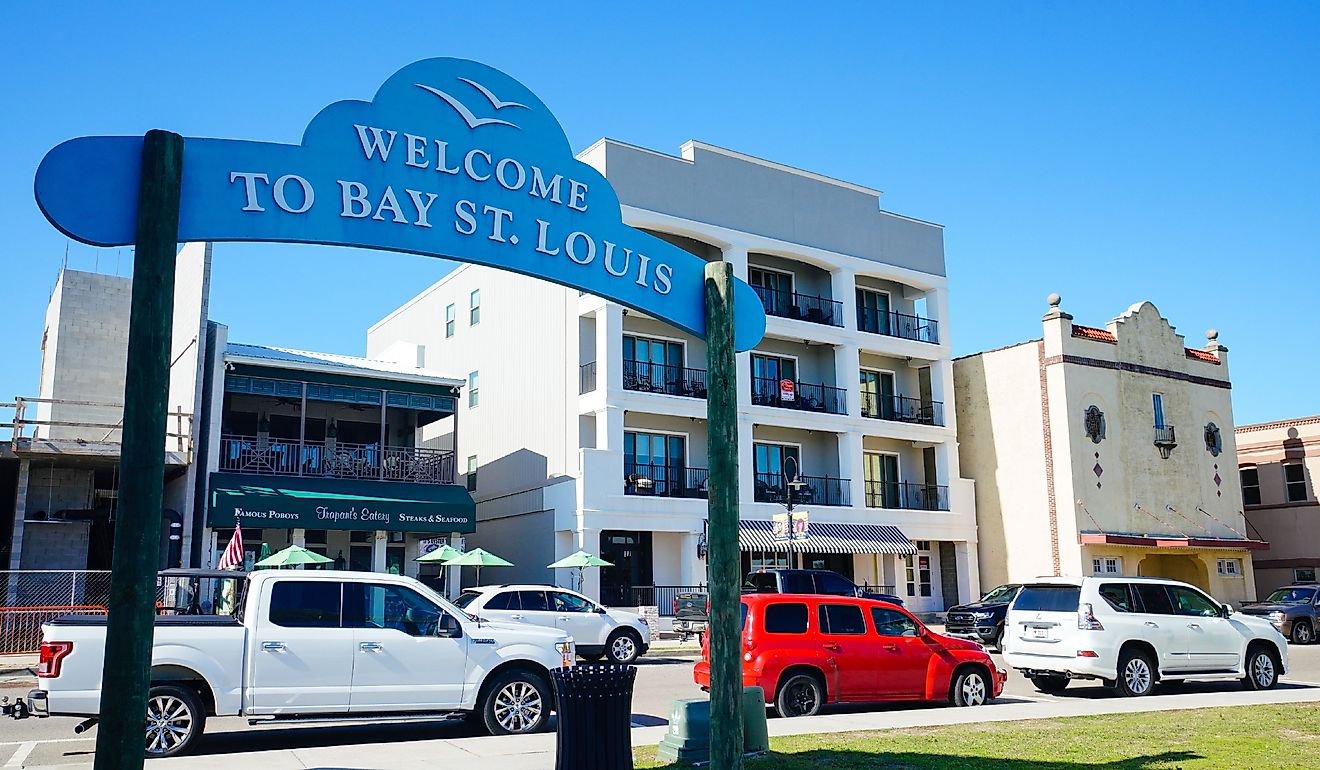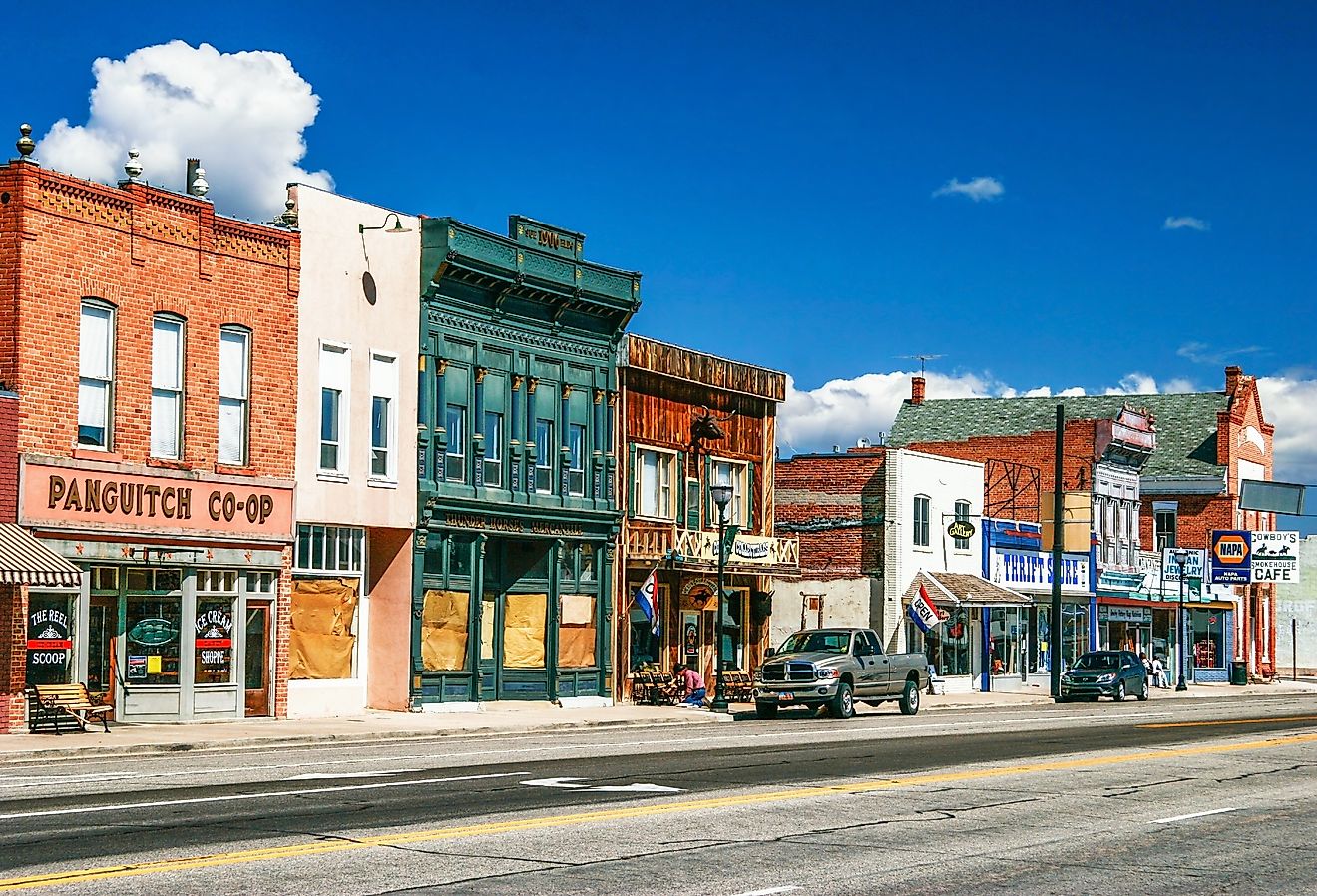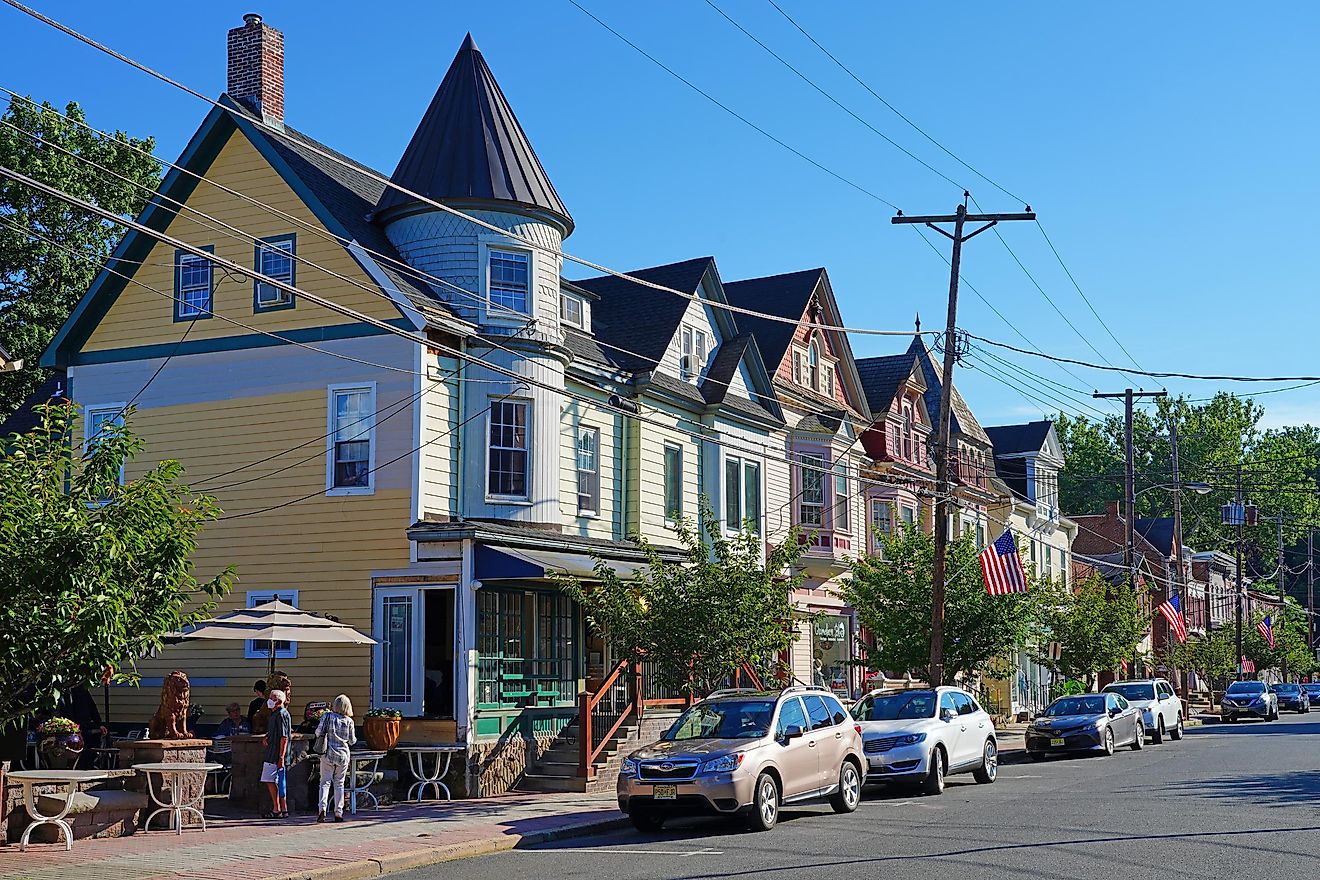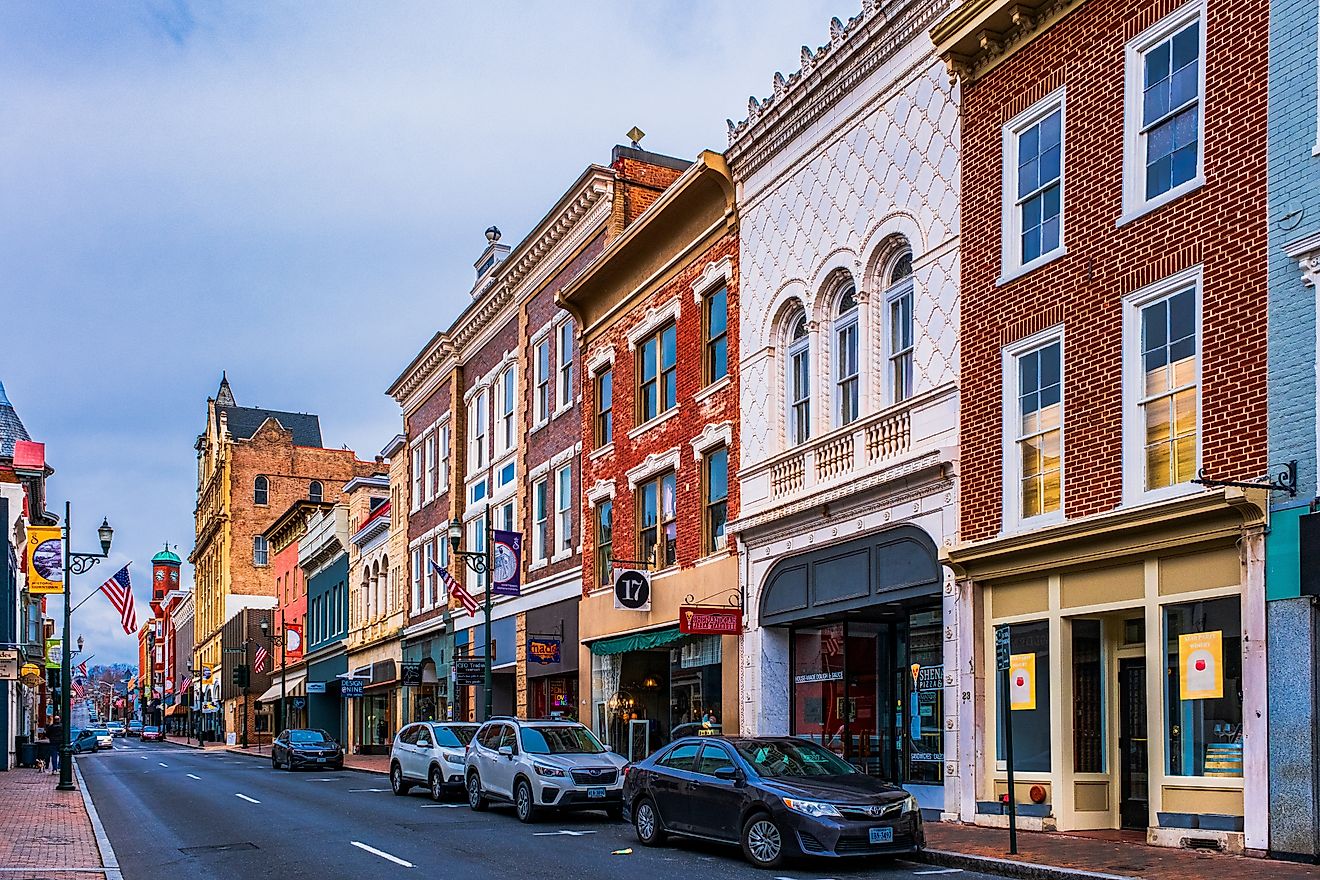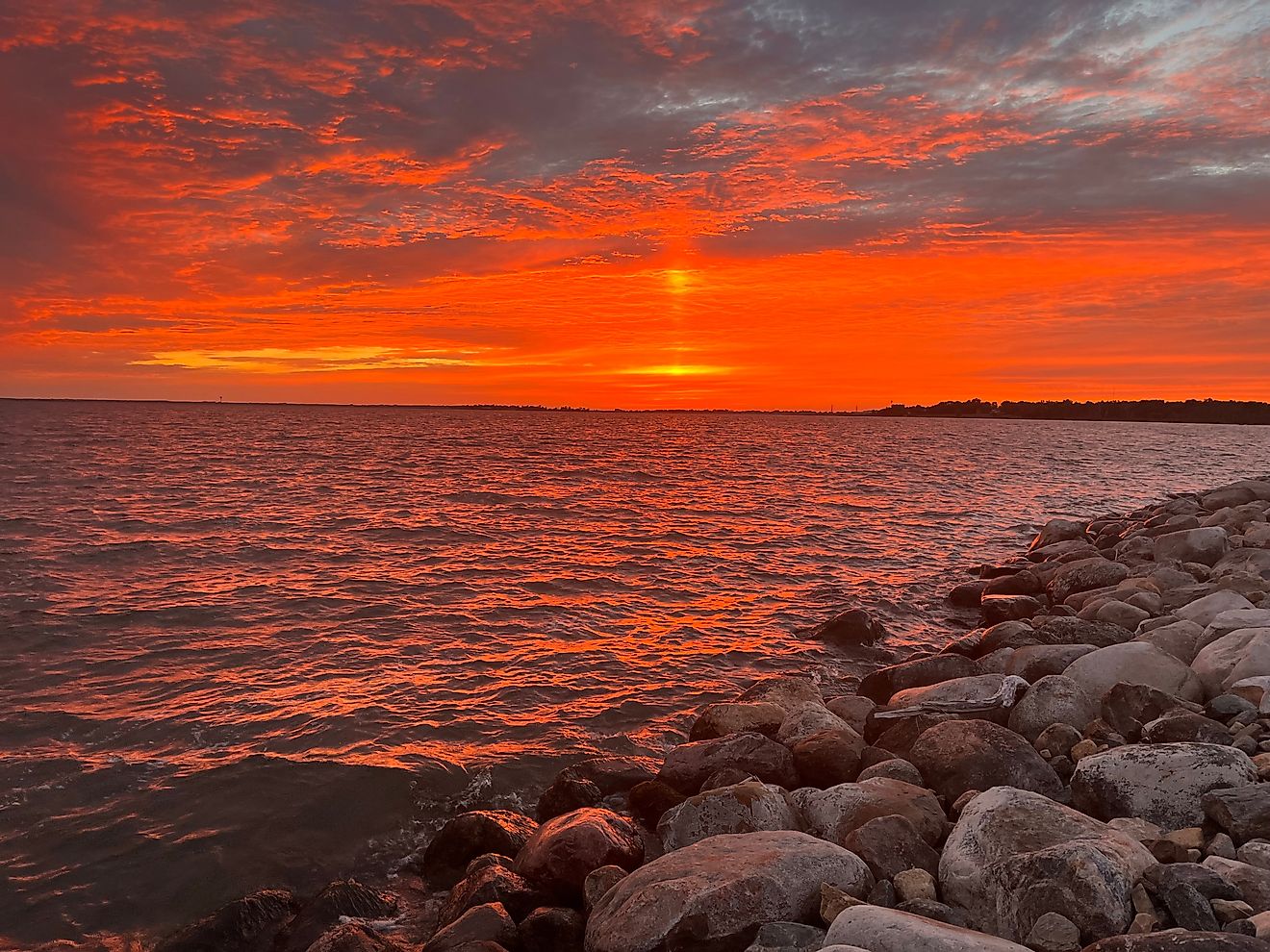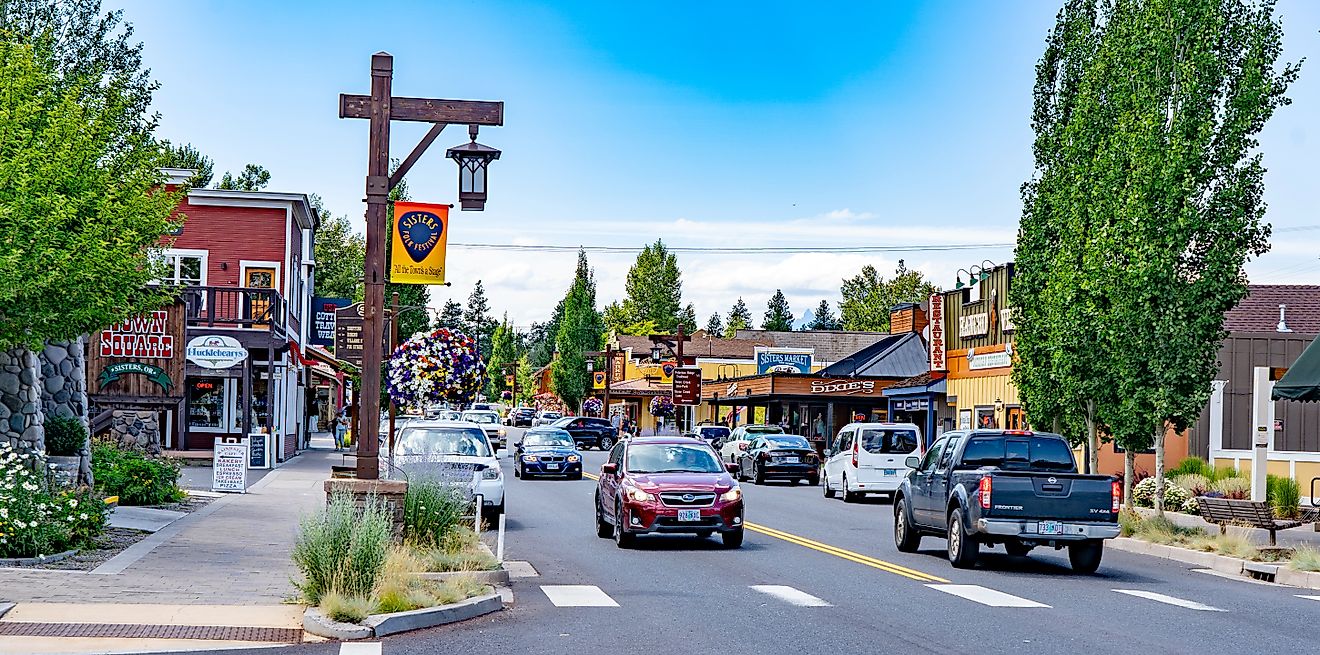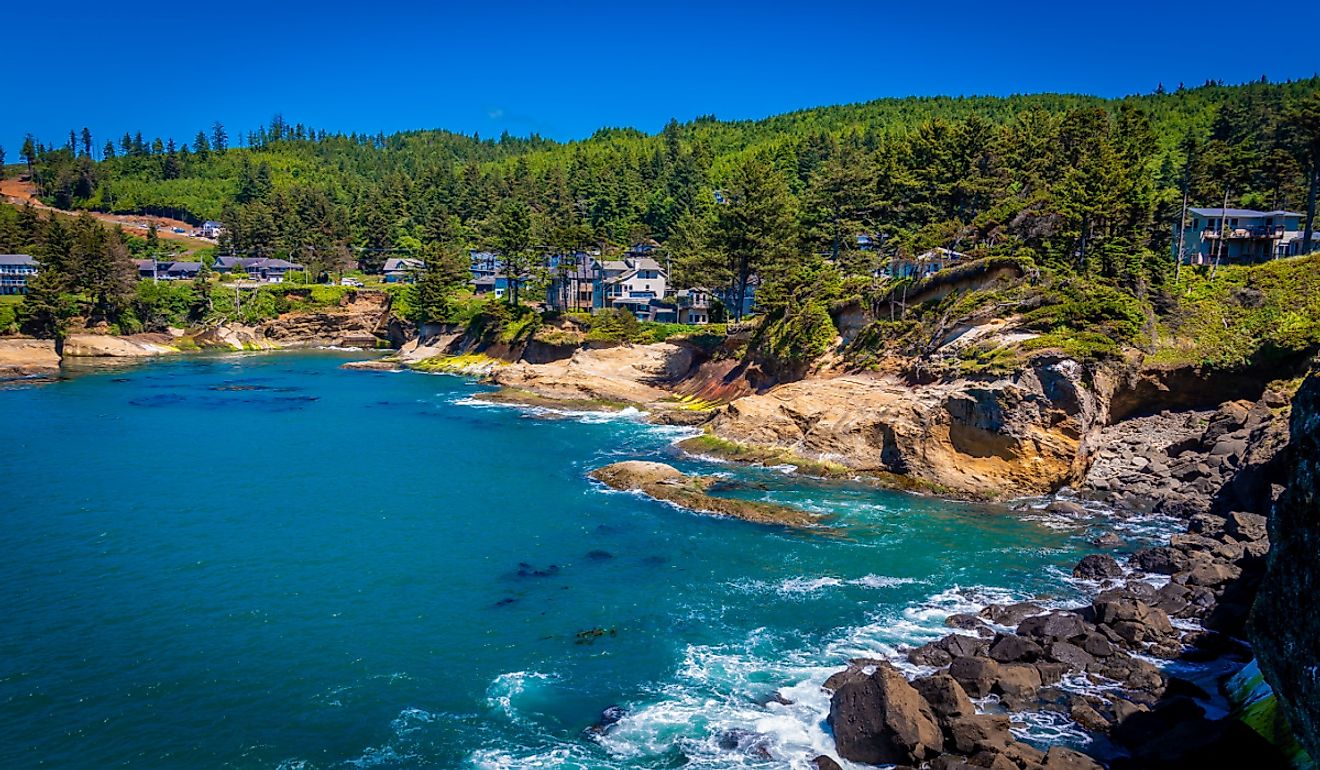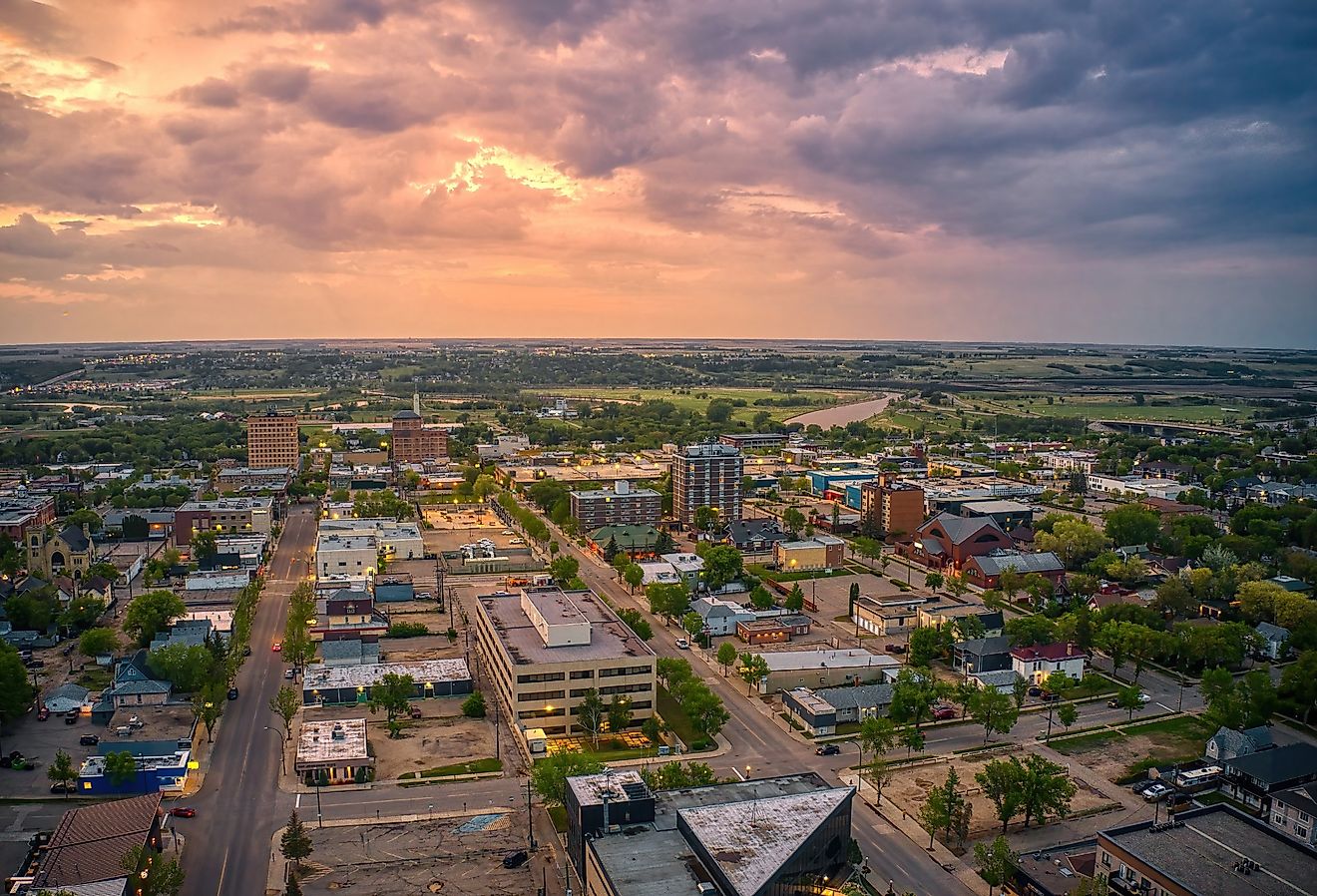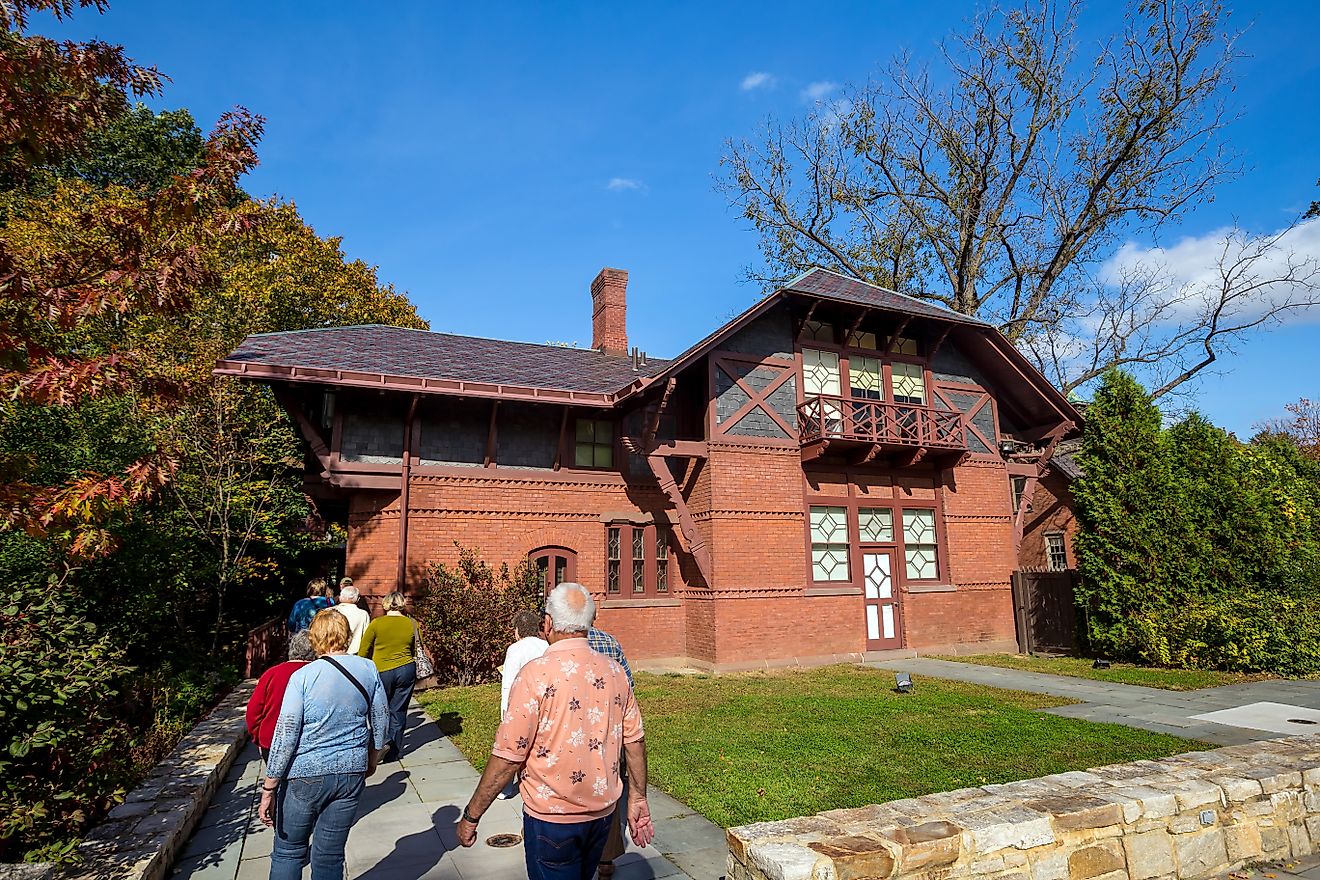
Oakland, California
Oakland is a large city situated in Alameda County in the west-central portion of the US State of California. It is considered the nation's 45th most populated city, the state's 8th most populated city, and the biggest city in the eastern region of the San Francisco Bay Area. Oakland also serves as an important trade center in the San Francisco Bay Area. The Port of Oakland - a major Pacific Coast Port, is the country's 5th busiest port and the busiest port in Northern California.
Geography Of Oakland

Located on the eastern shores of the San Francisco Bay, Oakland covers a total area of 202 sq. km, of which 57 sq. km is occupied by water, and 145 sq. km is occupied by land. Approximately two-thirds portion of the city is located on the flat coastal plain of the East Bay, with one-third portion rising towards the hills and foothills of the East Bay range. The city of Berkeley borders Oakland in the north, the city of Alameda in the west, the city of San Leandro in the south, and the city of San Jose in the southeast. The severe earth movements caused by the San Andreas Fault have induced aseismic creep in the Hayward Fault that passes directly through Oakland and the other cities of the Bay Area. Situated to the east of Berkeley, close to Grizzly Peak Blvd, is Oakland's highest point which rises to an elevation of 540m. Even though the city contains 31km of shoreline, the Radio Beach Shoreline is Oakland's only beach. There are over 50 distinct neighborhoods in Oakland. The more prosperous neighborhoods are situated in the hills along the northeastern side of the city, while the less successful neighborhoods are close to San Francisco Bay. The greater divisions of the city include the Central business district, East Oakland, Lake Merritt, North Oakland, West Oakland, and Oakland hills. The city of Oakland completely surrounds the small independent city of Piedmont.
Climate Of Oakland
According to the Köppen climate classification, Oakland experiences a warm-summer Mediterranean climate with long, arid summers and short, cold, and wet winters. The warm summer season lasts from the beginning of June to the end of October, where the average temperature ranges between 23.8°C and 14.4°C. The cold winter season lasts from the beginning of December to the beginning of February, where the average temperature ranges between 7.2°C and 13.8°C. The city's position close to San Francisco Bay makes the northern part of the city more prone to maritime fog. Oakland receives an average precipitation of 574mm per year.
Brief History Of Oakland

The Huchiun natives were the earliest known inhabitants who lived in the area for thousands of years. The Costanoan Indians then inhabited the area before the arrival of the Spanish colonizers in the late 18th century. The East Bay area was granted to Luis Maria Peralta by the Spanish Crown at the start of the 19th century. The part of the grant that became the present-day Oakland area was initially named "Encinar," which in Spanish meant "oak grove" and referred to the extensive oak forests that covered the area. The area served as a transit center during the California gold rush in the 1850s. The downtown area was developed by Andrew Moon, Edson Adams, and Horace W. Carpentier in 1851. The State Legislature officially incorporated Oakland on May 4, 1852.
The Population And Economy Of Oakland

As per the 2020 US Census, Oakland is home to 440,646 inhabitants. The city has a population density of 3,049.55 inhabitants per sq. km. The city's population has increased from the last census, which showed that Oakland was home to 390,724 inhabitants. Oakland has always been one of the nation's most ethnically diverse major cities. The largest ethnic groups in Oakland are the White representing 35.5% of the city's population, African Americans at 23.8%, Asians at 15.5%, Pacific Islanders at 0.6%, Native Americans at 0.9%, two or more races at 6.9%, and Hispanic group at 27.0%.
The census also reported that there were 153,791 households, 83,718 families, and 169,710 housing units in the city. The 2019 median household income in Oakland is $82,018, while the 2019 median property value is $807,600. The city's most important economic activities include Tourism, Health care & Social Assistance, Financial & Insurance, Retail Trade, Transportation, and Business services. The economy of Oakland employs 231,000 people in several large companies, including Dreyer's Grand Ice Cream Holdings, Inc., Kaiser Permanente, Clorox, etc. The Port of Oakland handles about 99% of all containerized goods accounting for $41 billion worth of international trade.
Tourist Attractions In Oakland
Oakland Museum of California
Established in 1969, the Oakland Museum of California is an interdisciplinary museum situated in Oakland. The museum displays more than 1.8 million exhibits that generate interest in visitors about California'sCalifornia's history, cultures, art, and natural science. The museum conducts various programs from time to time that is accessible to the general public, including school children, scholars, and the entire Oakland community. In 1995, the Oakland Museum of California was listed as an "Oakland Designated Landmark."
Lake Merritt

Lake Merritt is a saltwater lagoon located close to downtown Oakland and is one of the city's most notable features. Surrounded by the residential and business districts of the city, Lake Merritt covers an area of 0.57 sq. km and is home to a large number of endangered species. The 7.5 acres Garden at Lake Merritt contains seven themed gardens and a community garden as well. Every year, the Gardens host the "Autumn Lights Festival" in late October, which attracts more than 100 artists. In 1870, Lake Merritt was designated as the nation's first official wildlife refuge, and it has been added to the US National Register of Historic Places since 1966.
The Cathedral of Christ the Light

Also referred to as the "Oakland Cathedral," the Cathedral of Christ the Light serves as the cathedral of the Diocese of Oakland and the seat of the Bishop of Oakland. Designed by architect Craig W. Hartman, this large cathedral center comprises a cathedral church, a conference center, priests' residences, the bishop's curia office, a health clinic, and a mausoleum. In addition to this, the cathedral center also houses a garden, a public plaza, a Cathedral shop, and the City Lights Cafe.
Joaquin Miller Park

Joaquin Miller Park is a large park named after the American poet Joaquin Miller located in the Oakland Hills. The park covers an area of 2.0 sq. km and is heavily wooded by many floral species, including pines, coast live oaks, evergreen huckleberry, coast redwoods, pink flower current, etc. The Park also features hiking trails, a 2,000 seat Amphitheater, picnic areas, a children's playground, and trails for biking and horseback riding.
